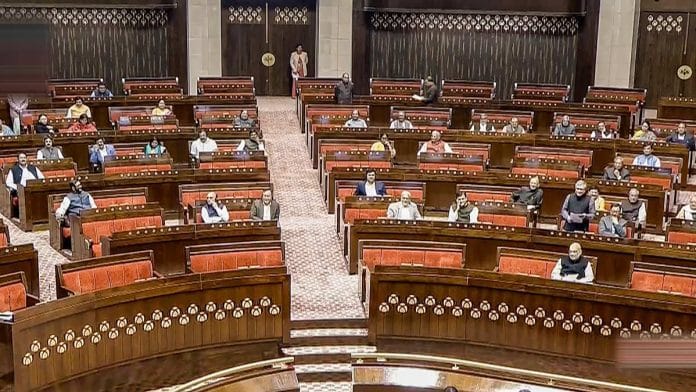The Telecommunications Bill 2023, tabled in Parliament by information technology minister Ashwini Vaishnaw on 18 December, replaces the Indian Telegraph Act 1885, the Wireless Telegraphy Act 1933, and the Telegraph Wires (Unlawful Possession) Act 1950. The Bill seeks to modernise the law relating to telecommunications services and networks.
Among other things, the 2023 Bill serves as an upgrade to the definitional scheme of the Telegraph Act, accounting for advancements in telecommunications technology. For instance, a “message” now includes videos and data streams, acknowledging the diverse modes of communication in the digital age. Previously, it encompassed signals, signs, writing, images, intelligence, and sounds. Under the 1885 Act, a telegraph was any apparatus used for transmitting or receiving messages through any means, whether electric or by wire, or through electromagnetic emissions. Now, the means of communication of messages may also include computation.
Given the emphasis in the 2023 Bill on accounting for advancements in telecommunications, sceptics may argue that it goes beyond the governance of traditional telecoms like Airtel and Jio, and covers over-the-top (OTT) services such as WhatsApp and Zoom. However, such a line of argument is defeated by a key consideration.
Also read: Telecom Bill 2023 provides for govt control on communication network in public emergency
Feedback for 2022 Bill
If the government wished to bring any OTT services under the ambit of telecom law without specifically referring to them, it could have done so under the Telegraph Act. Its ambit was as broad as the current Bill. As telecommunications infrastructure evolved, the Telegraph Act continued to be used for its governance, without the need for an amendment to accommodate technological advancements. So, the government could easily have contended that the online transmission of communication also fell under the purview of the Telegraph Act.
Indeed, the 2022 iteration of the 2023 Bill made an express reference to communication OTTs to bring them under telecommunications. The 2022 Bill evoked a significant public response, with the consultation clocking a record 900 responses. Although the feedback was not made public, one can presume that most stakeholders pushed back against the inclusion of online services. The omission of communication OTTs from the 2023 Bill offers a clear rationale for such a decision. Had responses to the 2022 consultation been favourable, it is likely that communications OTTs would have found themselves in the 2023 draft presented before Parliament. The fact that they are not mentioned in the 2023 bill points to a clear decision to keep them outside the ambit of telecom law.
Furthermore, the implications of the new bill highlight the ongoing debate surrounding the regulation of OTT services and their relationship with traditional telecommunications.
Also read: New bill drops regulation of OTTs, allows govt to ‘take over’ firms for national security
Lawmaking for the digital age
To be clear, including OTT communication apps, or any other services that depend on telecommunications to access end users, within the telecom law made little sense. The move would have put unequal players on an equal footing, as online services like OTTs rely on telecom and internet service providers to operate, not the other way around. For instance, you cannot WhatsApp someone if you do not have access to the internet. However, you can send an SMS, because only a telecom player provides that service.
OTT communication services cannot be used without a subscription to a telecommunications service, and therefore can never substitute the latter. In fact, the Telecommunications Bill 2023 acknowledges the dependency of digital services on the telecommunications sector, by explicitly highlighting that the latter is a gateway to the former. By doing so, the Bill openly distinguishes between online and telecom services.
The passage of the narrower Telecommunications Bill 2023 calls for us to laud the respondents to the 2022 Bill. Their reaction pushed back against an untenable legal framework that would require similar treatment for OTTs, telecom, and internet service providers. However, the government must also be appreciated for heeding the public response to the 2022 Bill and revising the 2023 version accordingly.
In that vein, the 2023 Bill is a testament to the evolving nature of legislation in response to technological advancements and public opinion. By refraining from extending its reach to OTT services, the current Bill acknowledges the distinct nature of these services and preserves the specialised regulatory environment necessary for telecommunications services. This outcome reflects a balanced approach to policy-making, where the voices of stakeholders actively shape the legislative landscape. It is a reminder that in the fast-changing world of technology, lawmaking must be agile, and fit for the digital age.
The author is a consultant on Emerging Tech at Koan Advisory. Views are personal.
(Edited by Ratan Priya)






